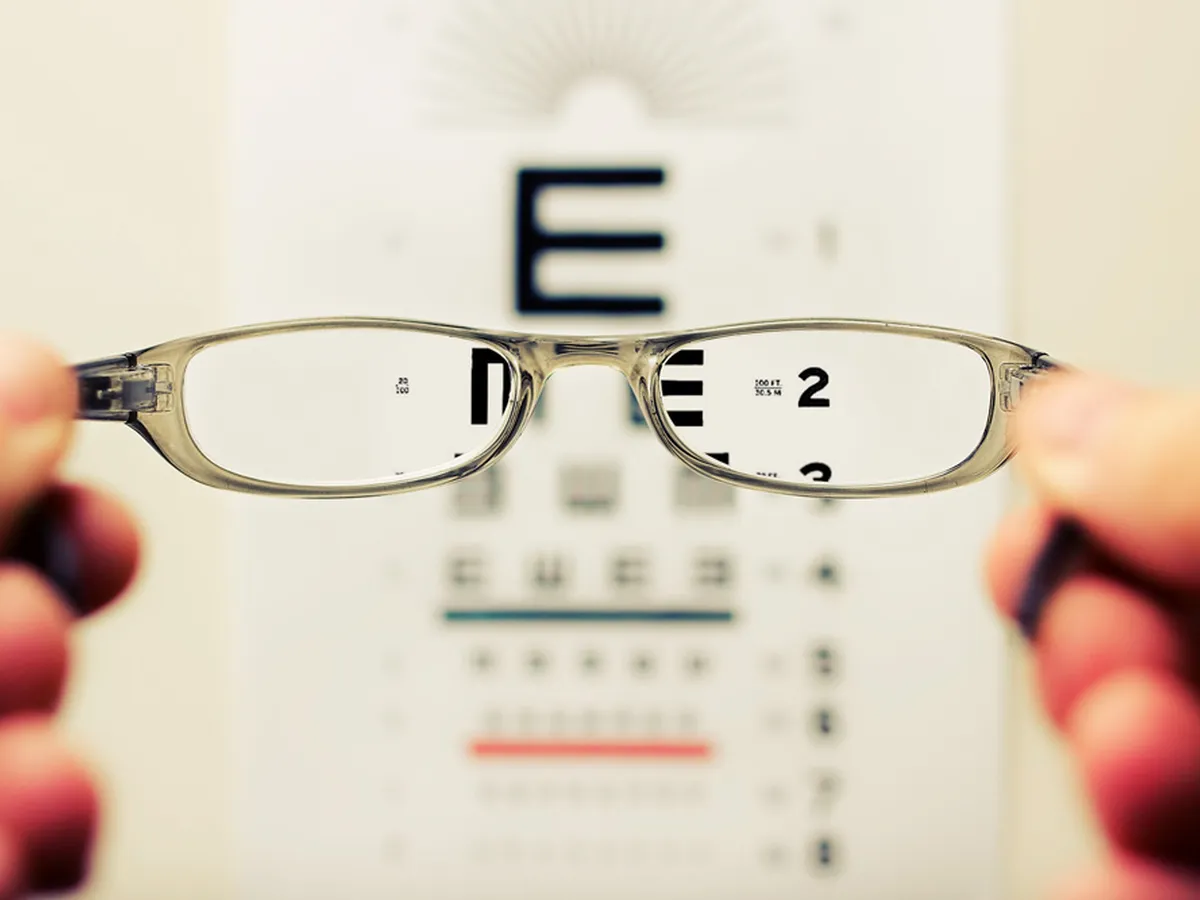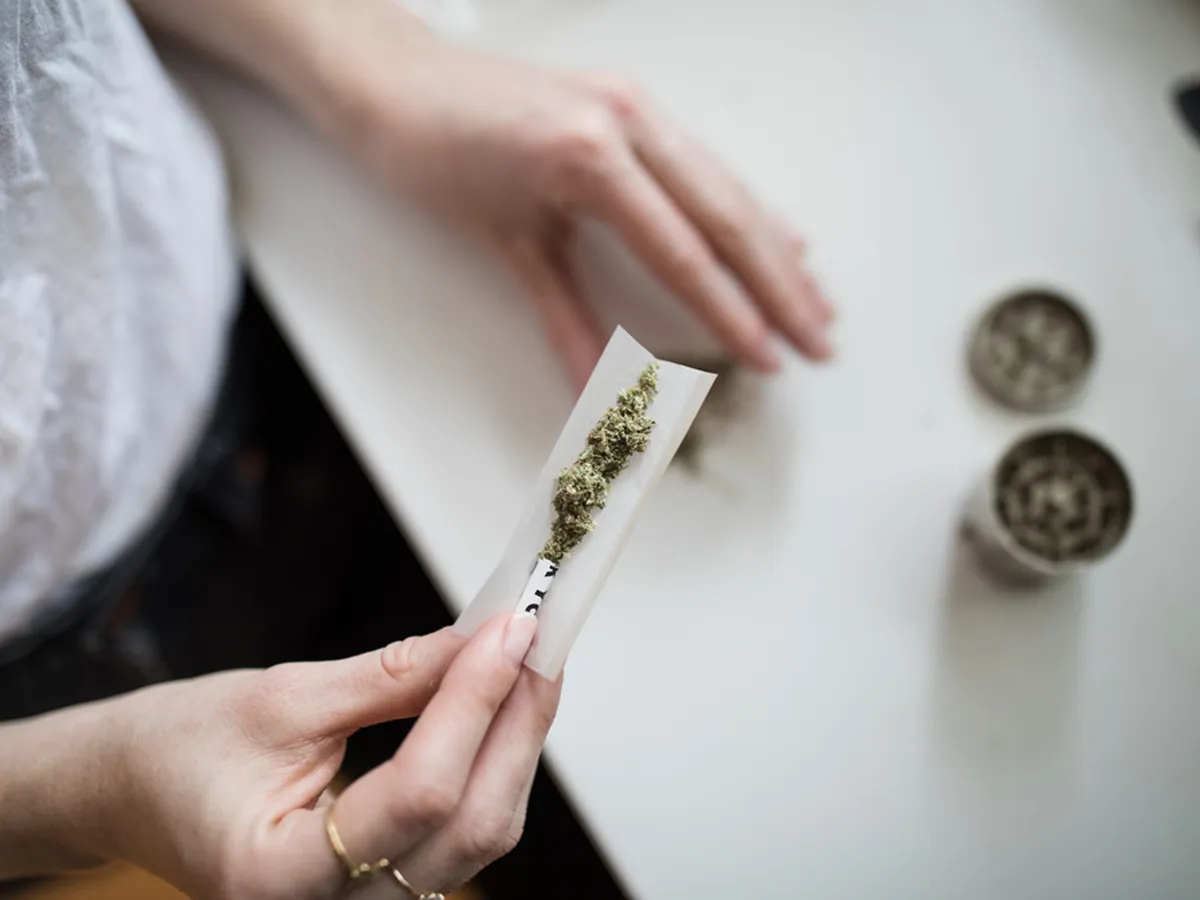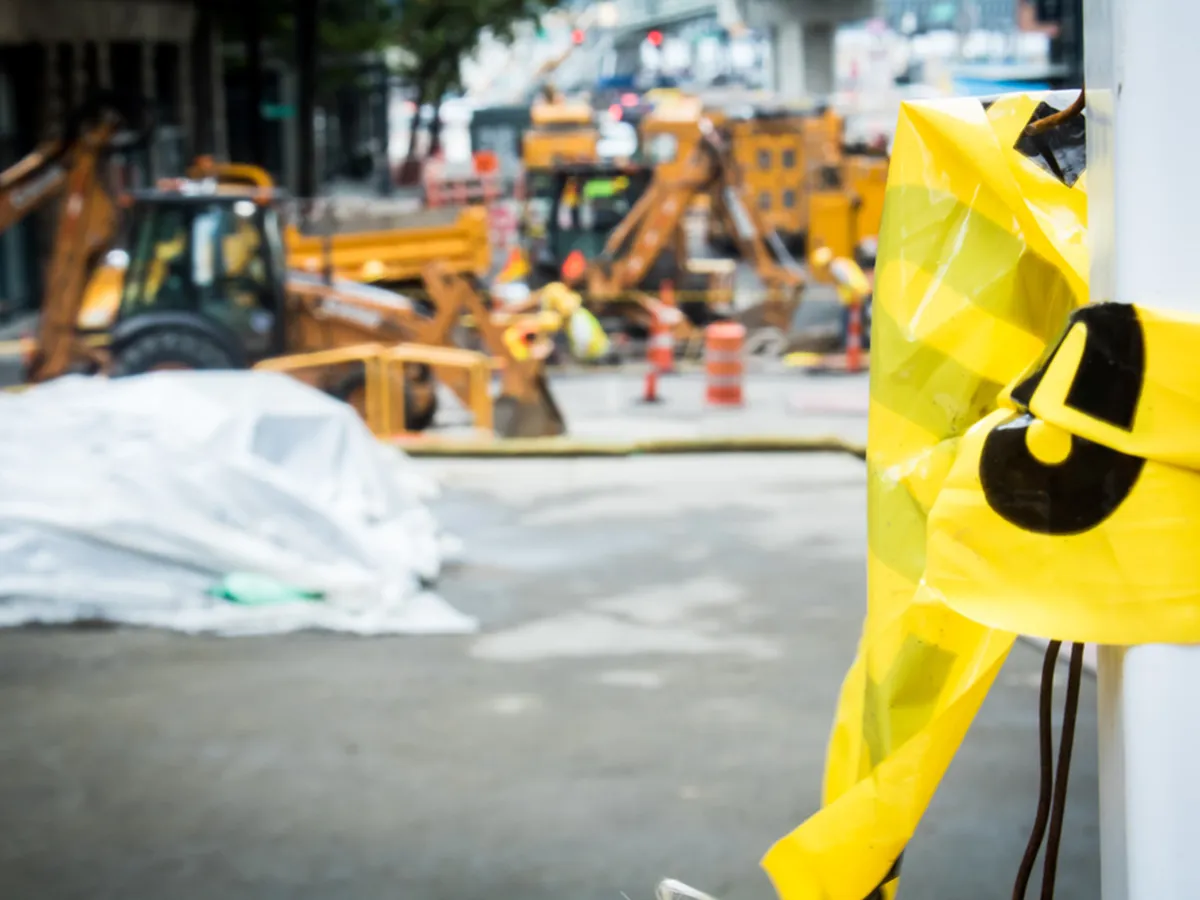Shy bladder syndrome and urine drug testing
Paruresis, commonly known as shy bladder syndrome, significantly affects the lives of many individuals. This condition can lead to substantial anxiety, especially in situations where a urine sample is required, such as drug testing.
Fortunately, alternative sample types for drug testing—such as saliva, hair, or blood tests—can offer a more comfortable solution for those struggling with paruresis. These options could help alleviate anxiety and make the testing process less daunting.
By raising awareness about paruresis and promoting alternative testing methods, we can support those who face these challenges and encourage a more inclusive approach to drug testing.

What is Shy Bladder Syndrome?
Paruresis, commonly referred to as "shy bladder syndrome," "bashful bladder," or "pee shy," is defined as an inability to urinate in the presence—real or perceived—of others. Medically, it is classified as psychogenic urinary retention.
Recognized as a social anxiety disorder rather than a social phobia, paruresis affects individuals of all ages, genders, and backgrounds.
Those who experience this condition are often termed Avoidant Paruretics (or APs), as they tend to avoid situations that trigger their inability to urinate.
In collaboration with the UK Paruresis Trust (UKPT), we aim to provide valuable information for individuals who may be affected by shy bladder syndrome.
Urine drug testing and Shy Bladder Syndrome
At our company, we recognise that the collection of urine samples for drug testing can feel invasive. Therefore, we always offer alternative sample collection methods for individuals and organisations conducting drug tests.
When a urine sample is a regulatory requirement, we have implemented protocols and policies to minimise any discomfort or anxiety experienced by the donor, particularly regarding potential discrimination and existing medical conditions like paruresis.
For instance, we ensure privacy and provide secure toilet facilities for sample donors. Our sample collection officers do not observe the urine collection, employing measures to prevent sample adulteration, such as using blue dye in toilet bowls and cisterns and applying tamper seals to taps and water sources.
In cases of shy bladder syndrome, many of our workplace testing clients have established contingency methods, often opting for saliva samples instead of urine.
However, some safety-critical industries require urine samples without the option for saliva. For example, Network Rail does not permit saliva contingency testing on site. Their standards mandate that any donor unable to provide a sample must be evaluated by a medical review officer (MRO) before any result is recorded as a FAIL or NO RESULT. The MRO will review each case individually, and this is the appropriate stage for submitting medical evidence supporting the donor's claim.
We also encourage individuals and organisations to disclose any medical conditions that may affect a drug test prior to testing. Companies implementing drug testing programs often allow employees time to raise concerns. This applies to new employees as well, who can review the company’s drug and alcohol policy and address any issues before being asked to provide a urine sample. Whenever possible, using saliva samples instead of urine is recommended.
Finally, we emphasise to our workplace drug testing clients the importance of best practices. Donors who cannot urinate due to paruresis should not face discrimination or be deemed to have failed a drug test. Our chain of custody forms are designed to document instances of non-conformance regarding sample collection. Consequently, these situations will not be classified as failures but will instead trigger the collection of a contingency sample, such as saliva, or revert to the organisation’s drug and alcohol policy.
Further help and support for Shy Bladder Syndrome
As previously mentioned, we have collaborated with the UK Paruresis Trust (UKPT) to address the important issue of shy bladder syndrome and its relevance to urine drug testing.
The UKPT offers excellent support and advice for those suffering from paruresis. You can learn more about their mission and resources here.
In addition, the UKPT provides specific information related to drug and alcohol testing and has created a guidance leaflet on paruresis. This resource can be invaluable for individuals, testers, and legal representatives alike.

Conclusion: Advocating for understanding in drug testing
Understanding paruresis and its impact on individuals facing drug testing is crucial for fostering a supportive environment. By recognising the challenges posed by shy bladder syndrome, we can advocate for alternative testing methods and ensure that those affected are treated with compassion and respect. Collaborating with organisations like the UK Paruresis Trust allows us to provide vital resources and support for individuals navigating these difficulties. Together, we can create a more inclusive approach to drug testing that considers the needs of all individuals. If you or someone you know is struggling with paruresis, we encourage you to seek support and explore the resources available.
Service related articles...
Head Office
Crystal Health Group
The Old Chapel
Manchester
M30 0NG







